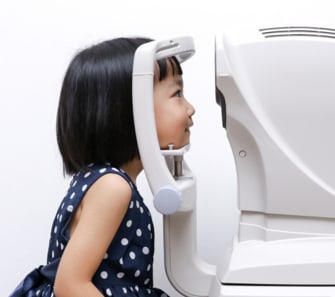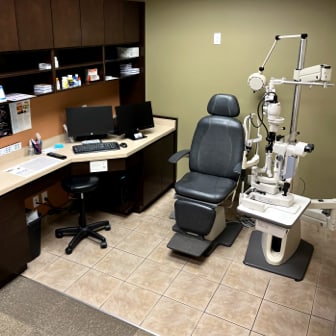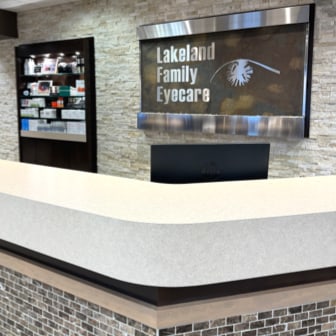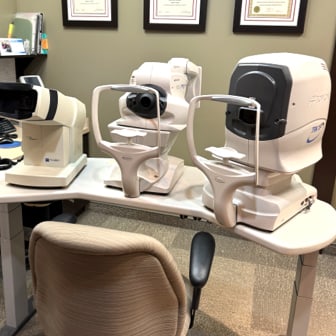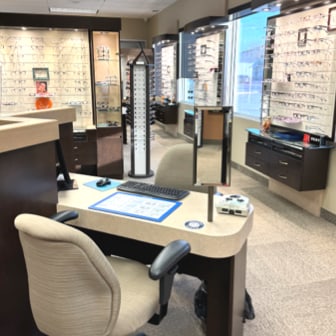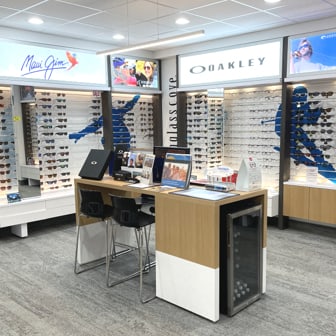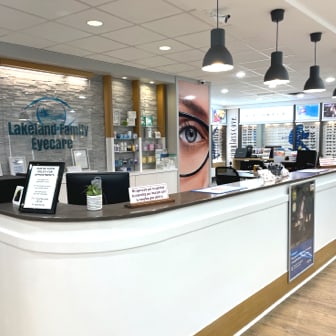The Silent Thief of Sight
Glaucoma is a group of chronic progressive eye diseases that affect the optic nerve of the eye. It has been referred to as the “silent thief of sight” due to its lack of symptoms until the damage to your vision has already occurred. Vision loss and eventual blindness in one or both eyes is a reality of patients with glaucoma.
The fluid inside our eyes, known as aqueous humor, flows out of the eye via a mesh-like channel. Glaucoma is the result of this channel becoming blocked. The fluids builds up in the eye, increasing the pressure inside. The optic nerve is not meant to handle pressure of this magnitude and ends up damaged, leading to vision loss.
If you are experiencing high pressure in your eyes, don’t panic. It is not always a sign of glaucoma, though you should schedule an eye exam as you may be at risk. With today’s medical advances, glaucoma is now a very treatable condition but early detection is the key.
Risk Factors For Developing Glaucoma
The following increase your risk factor for developing glaucoma:
- Family medical history
- Diabetes
- Myopia
- Certain ethnicities
- Previous asthma or migraine headaches
- Previous significant blood loss
- If you are 40 years and older, with risk increasing significantly after the age of 60
Glaucoma Symptoms
As the silent thief of sight, glaucoma can steal your vision gradually without any warning signs.
The symptoms of glaucoma are:
- Gradual loss of peripheral (side) vision
- Possibly a sore eye
- Tunnel vision
Central vision loss only occurs during the late stages of disease, and if left untreated, will likely result in a complete loss of vision.
Glaucoma Treatment
Like most conditions that can affect your eyes, early detection of glaucoma is key to preventing or slowing down vision loss. After glaucoma is detected, ongoing and effective management of the disease can extend how long you can enjoy your good vision.
Depending on the type of glaucoma you are diagnosed with, and the severity of its progression, there are a few different treatment and management options. They include:
- Daily prescription eye drops or oral medication (most common)
- Trabeculoplasty (Laser Eye Surgery) – Trabeculoplasty allows fluid to drain out of the eye, reducing pressure on the optic nerve. This is typically an effective form of pressure relief for many patients, but the effects of this surgery wear off over time.
- Trabeculectomy (Conventional Eye Surgery ) – Trabeculectomy creates a new opening in the eye, allowing allow fluid to leave, reducing pressure on the optic nerve.
If you are worried that you may be experiencing symptoms of glaucoma, or have not had an eye exam in over two years, book an appointment with us.











